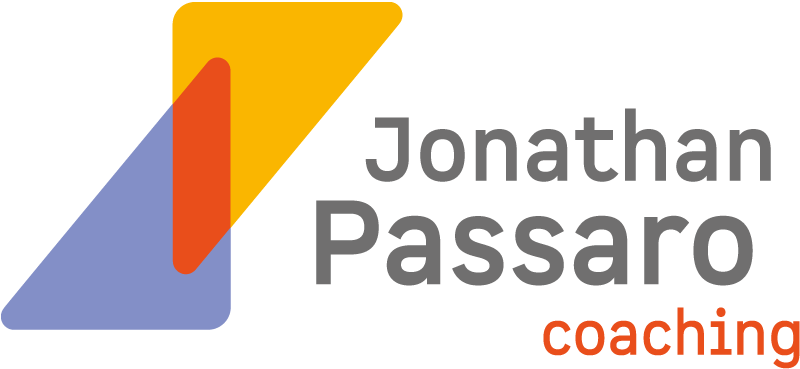The Role of the Professional Coach
La version française de cet article est disponible ici.
As winter was drawing to a close, I started to consider the parallels between skiing and coaching. I realised that analysing my favourite sport could offer an effective way of helping others — even non-skiers — to better understand certain aspects of coaching, a profession that remains misunderstood by many. This article is part of that series (you can read the introduction here).
People are often surprised to learn that the role of a professional coach is not to teach, to say what one should or should not do, or how best to complete certain tasks. What, then, is the value-added? Drawing a comparison with a ski guide can be a helpful way of thinking about the answer.
My best ski days are those that I spend accompanied by a professional mountain guide, because skiing alongside the guide allows me to push myself to the limits of my abilities. The guide can’t do the work for me — I have to make my way down the mountain on my own two skis — but they are there to facilitate things by helping me to:
anticipate obstacles that I wouldn’t be able to see from far away and/or when skiing at high speed;
think through the steps I need to follow when I find myself in a difficult situation;
analyse what went wrong if I fall or make some sort of error (and, therefore, avoid repeating it); and
correct bad habits of which I am often not even aware (the guide’s external perspective is essential for this one).
In this way, the guide helps me to stay calm and avoid accidents that would otherwise result from increased stress levels (see my previous article on stress here), and to accomplish with confidence what I would otherwise never even attempt on my own. As a result, my technical capacity develops exponentially more quickly than it does when I ski on my own.
Professional coaching is similar: a coach’s job is neither to do your job for you nor to give you the answers to all of your questions. However, a professional coach helps you to better leverage your current abilities while making sure that you also develop your autonomy so that you are ideally positioned to continue an upward trajectory once the coaching engagement is finished.
Working with a coach helps you to better anticipate challenges and hurdles in your work. Because he or she exists outside of your professional environment (and is therefore not subject to the same pressures), the professional coach is able not only to help you see with greater clarity, but also to help you reflect on your situation objectively and to choose the path most likely to lead to your goals.
For each misstep or stepback, the professional coach will not allow you to give in to the temptation to simply forget about it as quickly as possible and move on; they will help you to learn from what went wrong so that you can be sure it never happens again. The result of all of this work is reduced stress levels, which translates into improved performance.
What milestones could you reach if you worked with an executive coach? You can contact me here to discuss. If you would like to know more about my background and qualifications, you will find the relevant information here.
